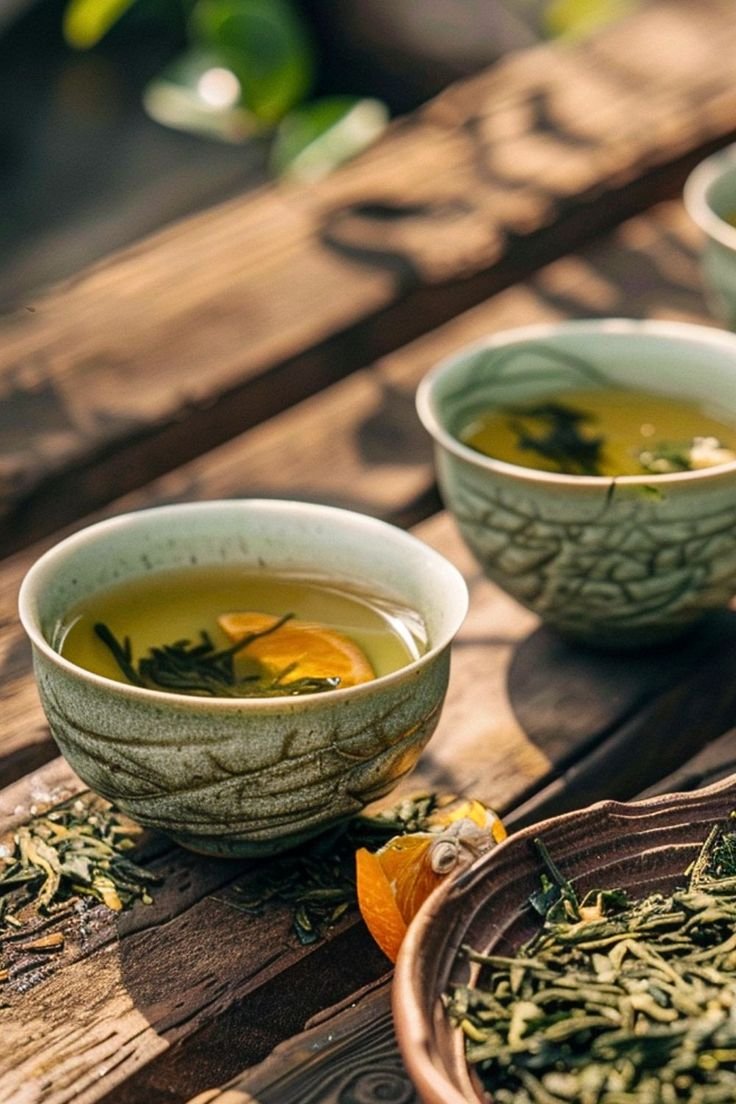Comprehensive Senior Wellness For A Better Quality Of Life
As we grow older, maintaining our health can become more nuanced and complex. However, aging doesn't have to mean a decline in vitality or joy. In fact, focusing on senior wellness opens the door to a vibrant, fulfilling life well into our golden years.
Many people mistakenly believe that aging is synonymous with deterioration—but the truth is far more optimistic. Today, a wide range of wellness programs are specifically designed for seniors, helping to enhance physical strength, mental clarity, emotional balance, and social connection.
In this guide, we’ll explore the key pillars of senior wellness and how a holistic approach can empower older adults to lead active, meaningful lives.
No. 1
Understanding Senior Wellness
Senior wellness is about more than just preventing illness—it's a comprehensive approach to improving overall quality of life.
It encompasses:
Physical fitness
Mental stimulation
Emotional health
Social engagement
Prioritizing wellness is essential for individuals over the age of sixty, as it supports independence, boosts energy, and fosters a sense of purpose. Whether through structured programs or simple daily habits, senior wellness is the foundation of aging gracefully.
No. 2
Promoting Physical Health
Maintaining physical health is one of the most important components of senior wellness. Regular movement helps improve mobility, balance, and cardiovascular health, all of which contribute to a higher quality of life.
The Importance of Regular Exercise
According to the World Health Organization, adults aged 60 and older should engage in at least 150 minutes of moderate-intensity aerobic activity each week.
Additionally, strength training exercises should be included at least twice a week to support muscle health and independence. Activities such as walking, swimming, yoga, or tai chi are excellent choices for seniors, offering both physical and mental benefits.
No. 3
Nurturing Mental Well-Being
Mental wellness is just as vital as physical health. Many seniors face challenges such as loneliness, depression, or cognitive decline. To combat these issues, it’s important to keep the brain engaged and stimulated.
Cognitive activities like:
Puzzles
Reading
Memory games
Learning new skills
…can help maintain mental sharpness and emotional resilience. Staying mentally active not only improves cognitive function but also enhances overall life satisfaction.
Skillshare
Explore thousands of creative classes on one of the leading online learning platforms for creatives with 1 month free!
No. 4
Social Engagement and Community Support
Isolation can have a serious impact on a senior’s emotional and mental health. That’s why social engagement is a cornerstone of senior wellness.
Participating in community events, joining clubs, or volunteering provides opportunities for meaningful interaction. Many organizations now offer exclusive wellness for seniors programs that are specifically designed to foster social connection and emotional support.
These programs help seniors build friendships, reduce feelings of loneliness, and stay involved in their communities.
No. 5
Integrating Nutrition for Better Health
A balanced diet is crucial for maintaining energy, preventing disease, and supporting overall wellness. Seniors should focus on:
A variety of fruits and vegetables
Whole grains and lean proteins
Limiting salt, sugar, and processed foods
Don’t Forget Hydration
Staying hydrated is often overlooked but is essential for physical and cognitive health. Seniors should aim to drink plenty of water throughout the day to support digestion, circulation, and brain function.
Proper nutrition, paired with hydration, lays the groundwork for sustained wellness and vitality.
No. 6
Exploring Comprehensive Senior Wellness Programs
Many communities and health organizations offer comprehensive wellness programs tailored specifically to seniors. These programs often include:
Fitness classes
Wellness workshops
Nutritional guidance
Social and recreational activities
Joining a program that aligns with personal interests can significantly boost motivation and participation. Whether it’s dance, gardening, or group walks, these programs make wellness both enjoyable and sustainable.
No. 7
The Role of Caregivers
Caregivers play a vital role in supporting senior wellness. By understanding the unique needs and abilities of the individual, caregivers can:
Encourage participation in wellness activities
Help plan nutritious meals
Facilitate social connections
Monitor mental and emotional well-being
Their involvement ensures that seniors receive consistent support, which can make a significant difference in maintaining a healthy lifestyle.
No. 8
A Holistic Approach
A truly effective wellness strategy addresses all dimensions of health—physical, mental, emotional, and social. This holistic approach may include:
Regular exercise
Cognitive activities
Balanced nutrition
Social engagement
Emotional support
By integrating these elements, seniors can enjoy a more balanced, enriched life. Wellness becomes not just a goal, but a way of living.
Takeaways
Senior wellness is the key to living a fulfilling, joyful life in the later years. By focusing on all aspects of well-being—body, mind, and spirit—older adults can thrive rather than simply age.
Whether through exclusive wellness for seniors programs or personalized routines at home, taking charge of your wellness journey leads to greater independence, resilience, and happiness.
Are you ready to embrace a healthier, more vibrant lifestyle in your golden years? Start exploring local programs and resources today to discover how you can elevate your senior wellness journey.
For more helpful tips and expert insights, be sure to check out the rest of our site today.
Looking for Wellness resources?
Are you looking to enhance your wellness routine? Explore our wellness partners who offer a wide range of resources to support your journey toward holistic living and well-being.































